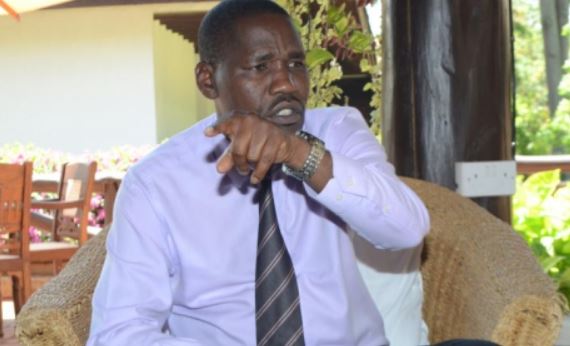
Kenya has been granted a two-year extension of the sugar safeguard beginning March 2021 to February 2023
COMESA Council of Ministers urged Kenya to share the modalities used in calculating the projected sugar deficit with the other Member States.
Kenya had made a presentation of the sugar safeguard implementation progress through the COMESA technical committees and requested a two years extension after the current one lapses in February 2021.
In its decision, the Council urged Kenya to give priority to COMESA originating sugar noting that the region produces enough to meet the deficit.
The country will be allowed flexibility on the sugar safeguard allocated quota implementation during importation from COMESA Member States.